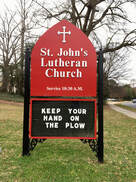
As they were going along the road, someone said to him, "I will follow you wherever you go." And Jesus said to him, "Foxes have holes, and birds of the air have nests; but the Son of Man has nowhere to lay his head." To another he said, "Follow me." But he said, "Lord, first let me go and bury my father." But Jesus said to him, "Let the dead bury their own dead; but as for you, go and proclaim the kingdom of God." Another said, "I will follow you, Lord; but let me first say farewell to those at my home." Jesus said to him, "No one who puts a hand to the plow and looks back is fit for the kingdom of God."
Luke 9:57-62
You may have seen the words "KEEP YOUR HAND ON THE PLOW" on St. John's sign when passing by the church. "Keep Your Hand on the Plow" is an old spiritual known also as "Hold On", and based on a story found in Luke's Gospel. Over its lifespan, the song had many variations and even the refrain morphed into "Keep Your Eyes on the Prize" during the Civil Rights movement. Several singers at the time recorded this spiritual. It was one of the songs sung from the steps of the Lincoln Monument at the Civil Rights March on August 28, 1963.
In Luke's passage, Jesus leaves no room for delays, goodbyes, weak or strong excuses. Even burying a father is not a justifiable condition to say "Wait!" to Jesus. The thing is, in the context of the Gospel, Jesus has begun his march toward Jerusalem. He expresses not so much harshness as urgency. His perspective does not allow looking back or swaying from the straight line, even for a short while.
O Lord, I often despair about perennial and seemingly insurmountable obstacles, leading me to measure of little faith I am! And I remember the number of times I think of you but don't seize the moments to stay with you! Am I not fit for the kingdom? Am I putting my hand to the plow only to have second thoughts and wander left or right on the mission field? Jesus is asking me not to be concerned with my personal baggage, the things I love too much and tie me down or the decisions I regret making that cannot be undone. Instead Jesus wants me to be fully focused on the task, to be vigilant as to correct the erratic turns I take, to hear the call of hope, the message of rescue that will free me from an encumbered yet self-centered privileged past.
Listening to this spiritual, I think of the men and women who first sang it. In a rural society, plow-hands knew to keep their hand steady to the plow, less the mule would not go straight on the furrows. Under slavery there also was no way of turning back, only labor and threats in the present. Singing songs of survival put a balm on the slaves' souls, holding on to the hope in a day of redemption.
In the light of all the racial unrest we lived last year, of the wounds of inequity left opened so long after Jim Crow laws, of the current efforts to turn back the clock on civil rights, I am constantly amazed by the resilience of a people denied fairness again and again. Maybe continuing to educate myself to the plight of human beings living in unjust situations and to the truth and untruth around me is keeping my hand to the plow, and for this I am grateful. I am sure it is no coincidence that the two women who more than once have given me courage to accept setbacks and keep the faith are both African-American. Their attitude in life and their stories are a source of reflection and awe for me. They know to keep their hand at the plow.
Thank you, Lord, for bringing faithful witnesses at the crossroads of life, so we don't lose sight of the work at hand, so we recognize the moment we are called to follow, no matter how untimely we think it may be. Amen.
Francoise Wackenhut

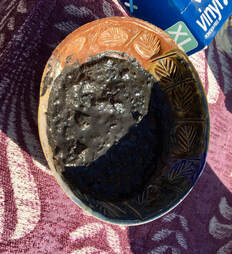
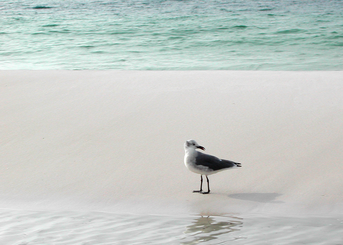
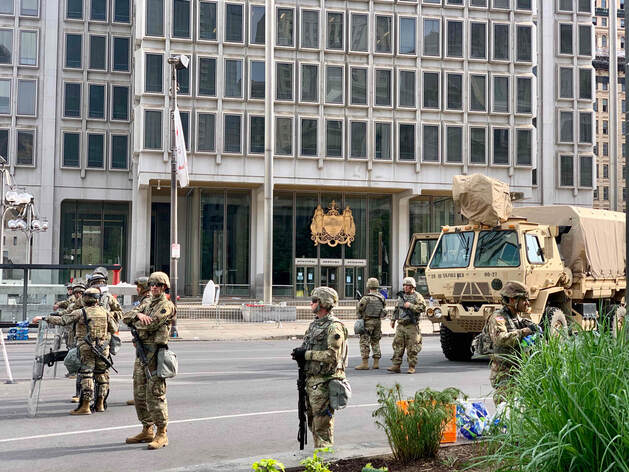
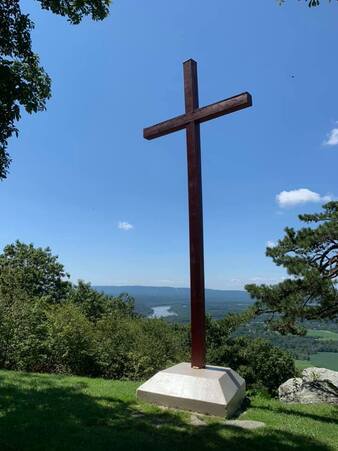
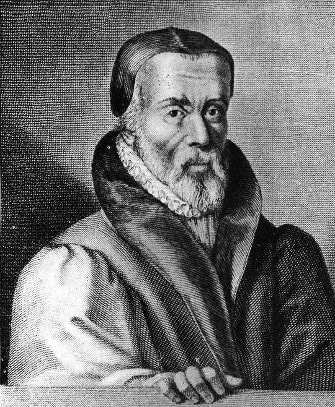
 RSS Feed
RSS Feed
